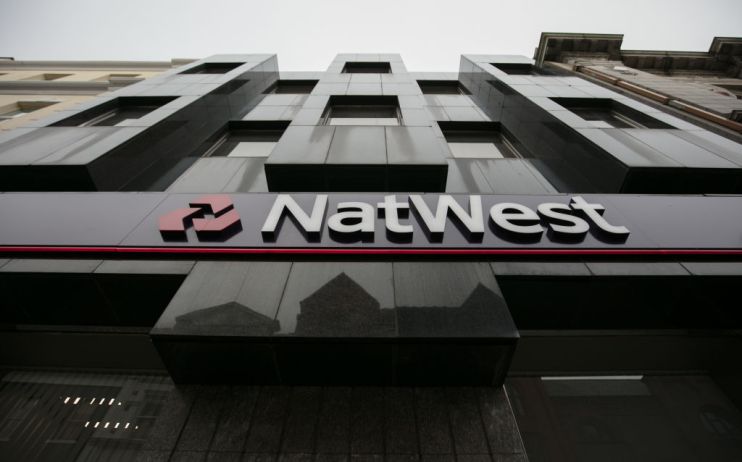Natwest reveals £1bn cut in lending to oil and gas sector

NatWest cut lending to the oil and gas sector by 21 per cent in 2021, with the bank aiming to further limit funds over the coming years as part of its plans to decarbonise its loan book and reach net-zero emissions.
Its lending to oil and gas companies fell from £4.2bn to £3.3bn last year – a near £1bn reduction – and total lending to the sector now only made up 0.7 per cent of its overall loan book.
In a prior update two years ago, Natwest had warned it planned to cut off financing for larger oil and gas companies if they failed to have a credible plan to transition to net-zero.
Chief executive Alison Rose said: “Finance is a key enabler in the drive to net zero and we are acting to ensure that we are helping to end the most harmful activity while championing climate solutions and accelerating the speed of transition to the zero-carbon economy.”
The bank revealed that from next January, it would only lend to upstream oil and gas companies where both the majority of financed assets are UK-based, and the company reports emissions by the end of 2023.
Natwest’s climate update was issued alongside the British bank’s full-year results, which showed a jump in reported profits to £2.9bn, rebounding from a £753m loss the year before.
The oil and gas sector has rebounded amid post-lockdown demand and tightening supplies, with both markets reporting strong rallies over the winter.
BP and Shell have both recently reported bumper profits and announce share buyback schemes, while Gazprom’s oil arm is also revelling in record results .
Oil prices are closing in on $100 per barrel for the first time in eight years, while power prices reached record levels in the run-up to Christmas.
Underinvestment in the oil sector has been a key factor in prices rising amid supply constraints and capacity issues, with OPEC+ consistently failing to hit output targets.
With renewable energy sources such as wind power under-performing during the escalating energy crisis, thinks tanks such as the Adam Smith Institute and Institute of Economic Affairs have called on the government to invest in North Sea oil and gas to ensure secure energy supplies.